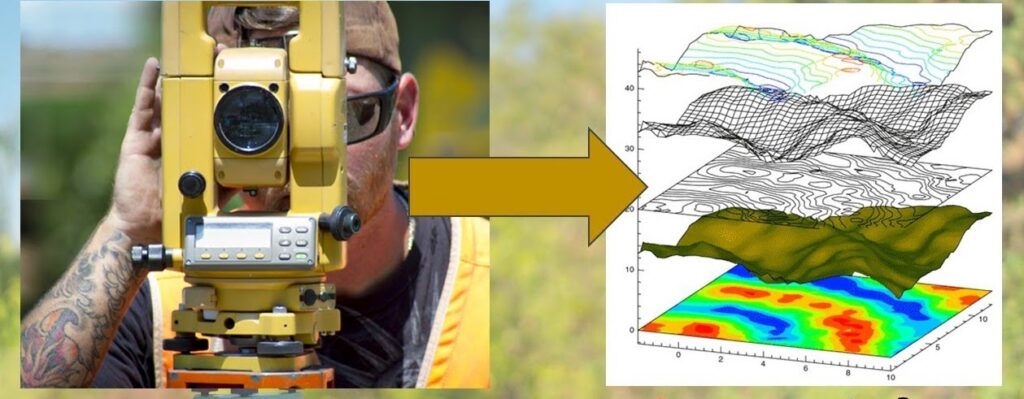
In the field of civil engineering, Geographic Information System (GIS) has become an indispensable tool for professionals. GIS technology offers numerous advantages in terms of data visualization, analysis, and decision-making. In this blog, we will delve into the advantages of learning GIS and discuss the various career benefits it offers in the civil engineering industry.
Advantages of Learning GIS:
- Enhanced Data Visualization: GIS allows civil engineers to visualize complex data in the form of interactive maps, charts, and graphs. By integrating geographical and spatial data, GIS enables professionals to understand patterns, relationships, and trends more effectively. This visualization capability enhances the ability to communicate and present data-driven insights to stakeholders, making it an invaluable skill in civil engineering.
- Efficient Data Analysis: GIS offers powerful analytical tools that enable civil engineers to perform spatial analysis, such as proximity analysis, network analysis, and spatial modeling. These tools assist in identifying optimal routes for transportation networks, analyzing land suitability for infrastructure projects, and assessing the impact of environmental factors on construction sites. The ability to analyze and interpret spatial data provides engineers with valuable insights for planning, design, and decision-making processes.
- Improved Planning and Decision Making: GIS facilitates comprehensive planning by integrating various data sources, including topography, infrastructure, environmental factors, and demographic information. By overlaying and analyzing these datasets, civil engineers can make informed decisions regarding land use, infrastructure development, and resource allocation. GIS-based planning ensures efficient use of resources, minimizes risks, and supports sustainable development.
- Enhanced Project Management: GIS plays a vital role in project management within civil engineering. It allows professionals to monitor and track project progress, resource allocation, and site conditions in real-time. By integrating GIS with other project management tools, engineers can streamline workflows, identify potential bottlenecks, and mitigate risks. GIS also enables effective collaboration and communication among multidisciplinary teams, improving overall project efficiency.
- Integration with Emerging Technologies: Learning GIS opens doors to exploring and integrating emerging technologies such as remote sensing, LiDAR (Light Detection and Ranging), and drone mapping. These technologies provide high-resolution imagery and data, which, when combined with GIS, offer enhanced capabilities for surveying, mapping, and monitoring infrastructure projects. Knowledge of GIS enables civil engineers to leverage these technologies for accurate data collection, analysis, and decision-making.
Career Benefits in Civil Engineering:
- Increased Employability: Professionals proficient in GIS have a competitive advantage in the job market. Many civil engineering firms, government agencies, and research institutions actively seek individuals with GIS skills to manage projects, analyze data, and conduct spatial analysis. A strong foundation in GIS expands the range of job opportunities available to civil engineers, increasing their employability and career prospects.
- Diverse Job Roles: Learning GIS opens up diverse job roles within civil engineering. Some common career paths include GIS specialist, geospatial analyst, urban planner, transportation engineer, environmental consultant, and land surveyor. These roles involve tasks such as data collection, analysis, mapping, and decision support. GIS skills provide professionals with the flexibility to explore various domains and specialize in areas aligned with their interests and goals.
- Industry Demand: The demand for GIS professionals in civil engineering is rapidly growing. With the increasing emphasis on smart cities, sustainable development, and infrastructure planning, the need for individuals who can leverage GIS technology is on the rise. By acquiring GIS skills, civil engineers position themselves for long-term career growth and job stability in a technologically advancing industry.
Learning GIS offers significant advantages for civil engineers, including enhanced data visualization, efficient data analysis, improved planning and decision-making, enhanced project management, and integration with emerging technologies.
